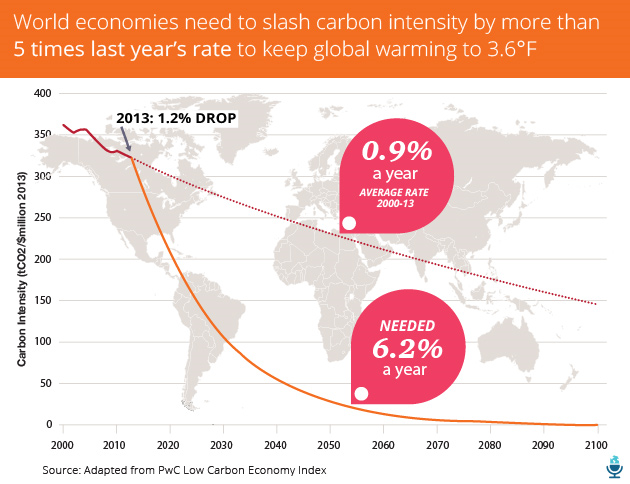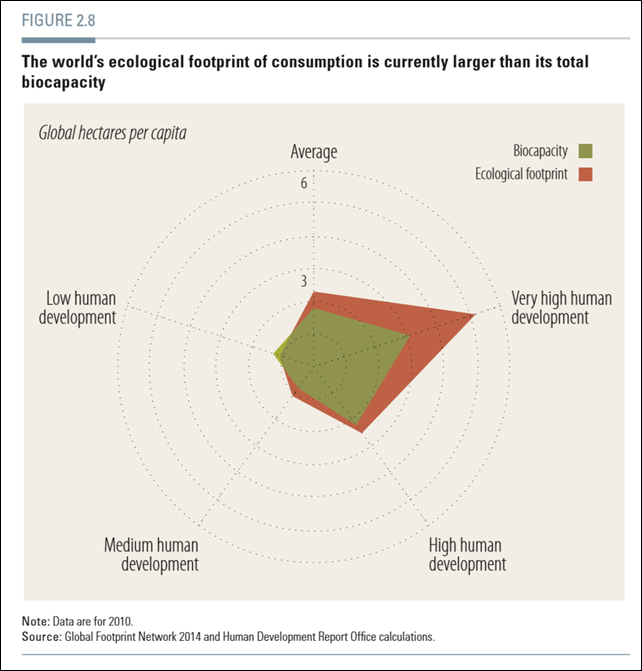A Fish Aficionado
I am going to make it through this year if it kills me
I found this interesting as they're not the usual myths, like vaccines and autism, 10% brain usage, etc. I only summarized some of the findings.
Myth 1: Screening saves lives for all types of cancer
Myth 2: Antioxidants are good and free radicals are bad
Myth 3: Humans have exceptionally large brains
Myth 4: Individuals learn best when taught in their preferred learning style
Myth 5: The human population is growing exponentially (and we're doomed)
The science myths that will not die
Myth 1: Screening saves lives for all types of cancer
People seem to imagine the mere fact that you found a cancer so-called early must be a benefit. But that isn't so at all, says Anthony Miller at the University of Toronto in Canada. Miller headed the Canadian National Breast Screening Study, a 25-year study of 89,835 women aged 4059 years old that found that annual mammograms did not reduce mortality from breast cancer. That's because some tumours will lead to death irrespective of when they are detected and treated. Meanwhile, aggressive early screening has a slew of negative health effects. Many cancers grow slowly and will do no harm if left alone, so people end up having unnecessary thyroidectomies, mastectomies and prostatectomies. So on a population level, the benefits (lives saved) do not outweigh the risks (lives lost or interrupted by unnecessary treatment).
Still, individuals who have had a cancer detected and then removed are likely to feel that their life was saved, and these personal experiences help to keep the misconception alive. And oncologists routinely debate what ages and other risk factors would benefit from regular screening.
Myth 2: Antioxidants are good and free radicals are bad
In December 1945, chemist Denham Harman's wife suggested that he read an article in Ladies' Home Journal entitled 'Tomorrow You May Be Younger'. It sparked his interest in ageing, and years later, as a research associate at the University of California, Berkeley, Harman had a thought out of the blue, as he later recalled. Ageing, he proposed, is caused by free radicals, reactive molecules that build up in the body as by-products of metabolism and lead to cellular damage.
Yet in the early 2000s, scientists trying to build on the theory encountered bewildering results: mice genetically engineered to overproduce free radicals lived just as long as normal mice, and those engineered to overproduce antioxidants didn't live any longer than normal. It was the first of an onslaught of negative data, which initially proved difficult to publish. The free-radical theory was like some sort of creature we were trying to kill. We kept firing bullets into it, and it just wouldn't die, says David Gems at University College London, who started to publish his own negative results in 2003 (ref. 6). Then, one study in humans showed that antioxidant supplements prevent the health-promoting effects of exercise, and another associated them with higher mortality.
None of those results has slowed the global antioxidant market, which ranges from food and beverages to livestock feed additives. It is projected to grow from US$2.1 billion in 2013 to $3.1 billion in 2020. It's a massive racket, says Gems. The reason the notion of oxidation and ageing hangs around is because it is perpetuated by people making money out of it.
Myth 3: Humans have exceptionally large brains
The human brain with its remarkable cognition is often considered to be the pinnacle of brain evolution. That dominance is often attributed to the brain's exceptionally large size in comparison to the body, as well as its density of neurons and supporting cells, called glia.
None of that, however, is true. We cherry-pick the numbers that put us on top, says Lori Marino, a neuroscientist at Emory University in Atlanta, Georgia. Human brains are about seven times larger than one might expect relative to similarly sized animals. But mice and dolphins have about the same proportions, and some birds have a larger ratio.
Human brains are different from those of other primates in other ways: Homo sapiens evolved an expanded cerebral cortex the part of the brain involved in functions such as thought and language and unique changes in neural structure and function in other areas of the brain.
Myth 4: Individuals learn best when taught in their preferred learning style
People attribute other mythical qualities to their unexceptionally large brains. One such myth is that individuals learn best when they are taught in the way they prefer to learn. A verbal learner, for example, supposedly learns best through oral instructions, whereas a visual learner absorbs information most effectively through graphics and other diagrams.
...
Learning styles has got it all going for it: a seed of fact, emotional biases and wishful thinking, says Howard-Jones. Yet just like sugar, pornography and television, what you prefer is not always good for you or right for you, says Paul Kirschner, an educational psychologist at the Open University of the Netherlands.
In 2008, four cognitive neuroscientists reviewed the scientific evidence for and against learning styles. Only a few studies had rigorously put the ideas to the test and most of those that did showed that teaching in a person's preferred style had no beneficial effect on his or her learning. The contrast between the enormous popularity of the learning-styles approach within education and the lack of credible evidence for its utility is, in our opinion, striking and disturbing, the authors of one study wrote.
Myth 5: The human population is growing exponentially (and we're doomed)
Fears about overpopulation began with Reverend Thomas Malthus in 1798, who predicted that unchecked exponential population growth would lead to famine and poverty.
...
Overpopulation is really not overpopulation. It's a question about poverty, says Nicholas Eberstadt, a demographer at the American Enterprise Institute, a conservative think tank based in Washington DC. Yet instead of examining why poverty exists and how to sustainably support a growing population, he says, social scientists and biologists talk past each other, debating definitions and causes of overpopulation.
Cohen adds that even people who know the facts use it as an excuse not to pay attention to the problems we have right now, pointing to the example of economic systems that favour the wealthy.
The science myths that will not die







